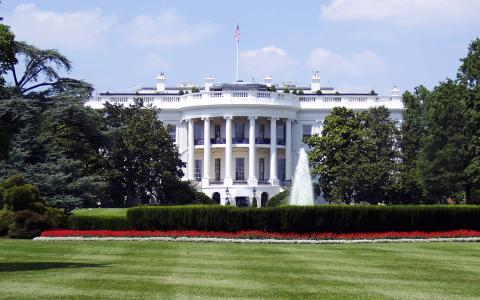
(Yahoo!Finance) - The US economy has been throwing off good economic signals for months now, including a steady decline in inflation. Yet Americans' dour mood hasn't budged, and President Biden's economic ratings are still in the cellar.
Why? Observers and West Wing strategists are still trying to figure that out.
Perhaps at least one part of the answer to the rock-bottom consumer confidence — says at least one academic — is a psychological concept known as "loss aversion."
Loss aversion is a cognitive bias that seeks to explain why people consider losses to be more significant than an equivalent gain. In the financial world, this term is used to explain why investors tend to remember losing a dollar much more clearly than gaining it back.
This concept has important implications for how Americans responded to a run-up in inflation during the early years of Biden's term, says Francesco D'Acunto, a Georgetown University finance professor who studies how people process economic news.
He contends the spike in prices for everything from eggs to gas is now seared in the minds of Americans — even as inflation continues to moderate.
"We definitely find in our research that there is a dramatic asymmetry in the reaction," he said in a recent interview, tying the phenomenon to the larger research on loss aversion.
D'Acunto’s research spans years and used a mix of existing consumer sentiment data alongside original surveys designed with market research company Nielsen. His co-authors include Michael Weber of Chicago Booth, Yuriy Gorodnichenko of the University of California, and Olivier Coibion at the University of Texas.
"Even as we now have seen inflation actually going down quite dramatically and being almost back to pre-pandemic levels, people are much slower to adapt their views and beliefs," D'Acunto added.
Where 'loss aversion' came from
The concept of loss aversion was coined all the way back in 1979 by Israeli psychologists Amos Tversky and Daniel Kahneman. In a 1992 followup paper, they published research suggesting that losses are psychologically twice as powerful as gains.
"We definitely find in our research that there is a dramatic asymmetry in the reaction," he said in a recent interview, tying the phenomenon to the larger research on loss aversion.
D'Acunto’s research spans years and used a mix of existing consumer sentiment data alongside original surveys designed with market research company Nielsen. His co-authors include Michael Weber of Chicago Booth, Yuriy Gorodnichenko of the University of California, and Olivier Coibion at the University of Texas.
"Even as we now have seen inflation actually going down quite dramatically and being almost back to pre-pandemic levels, people are much slower to adapt their views and beliefs," D'Acunto added.
Where 'loss aversion' came from
The concept of loss aversion was coined all the way back in 1979 by Israeli psychologists Amos Tversky and Daniel Kahneman. In a 1992 followup paper, they published research suggesting that losses are psychologically twice as powerful as gains.
By Ben Werschkul · Washington Correspondent



